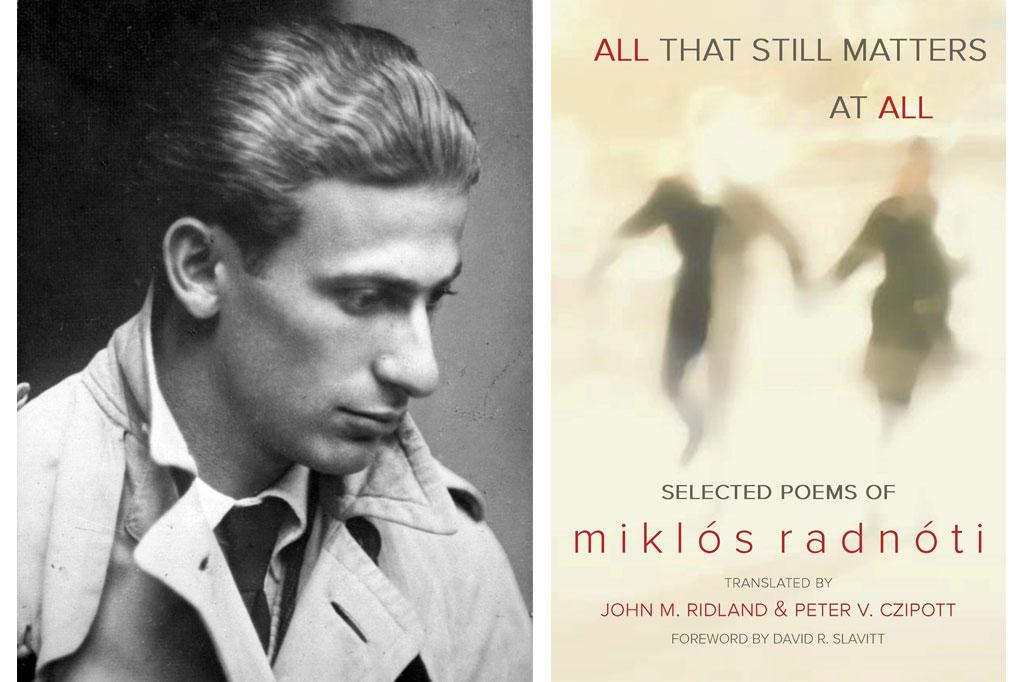In 1944, on a forced march from Serbia to central Hungary, poet Miklos Radnoti was shot to death and his body dumped in a mass grave.
A year and a half later, the exhumation of his remains revealed a small notebook in the front pocket of his overcoat. It contained five poems—his last.
These poems are among the few surviving works of literature written during the Holocaust. Now they are part of “All That Still Matters at All” (New American Press, 2014), a new volume of Radnoti’s work that John Ridland, professor emeritus of English at University of California–Santa Barbara, and Peter Czipott, a California-born scientist of Hungarian descent, have translated.
"In Hungary Radnoti is considered one of the two or three best 20th-century poets."
, UC Santa Barbara



